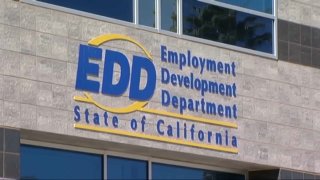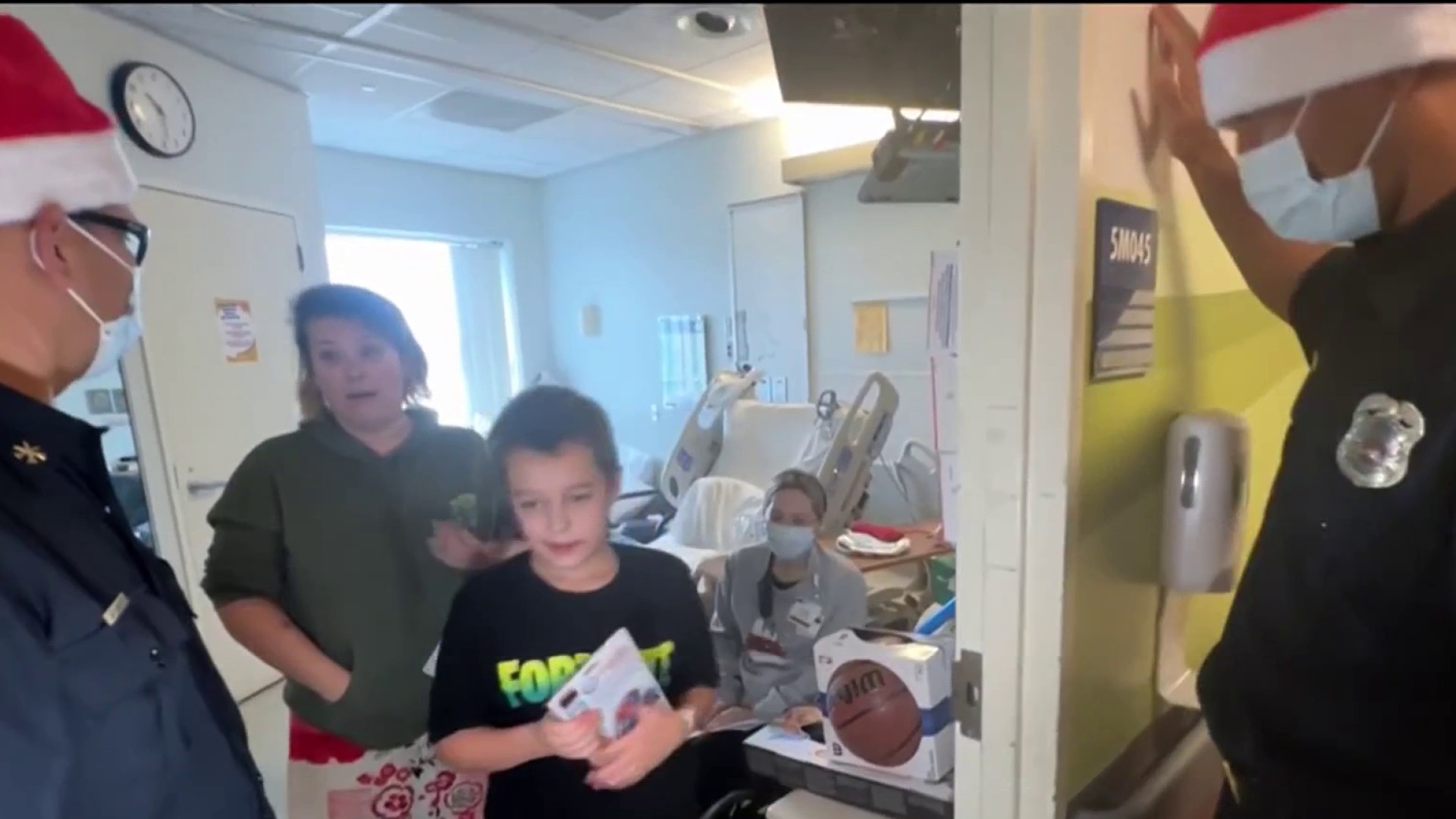
California embattled unemployment benefits agency said Wednesday it has cleared about 246,000 of its more than 1.6 million backlogged claims following a two-week “reset” where it stopped taking new applications so it could improve its technology.
But the agency said it would be January before it clears the backlog, frustrating state lawmakers who questioned the agency's director during a legislative hearing on Wednesday. Sharon Hilliard, executive director of the Employment Development Department, said some people have been waiting as long as five months to get benefits.
“To be honest it’s very hard for us to tell our constituents that we have 100 percent certainty that this will be resolved in the next couple of months given the track record,” said Assemblyman David Chiu, a Democrat from San Francisco.
Hilliard said it will take that long to clear the backlog because “the work is very complex and complicated.”
“We’re very happy with the outcome and in fact we’re even a little bit ahead,” she said.
California has paid more than $93.8 billion in unemployment benefits since March, when Gov. Gavin Newsom ordered most businesses to close to slow the spread of the coronavirus. The state has processed more than 13.6 million claims.
But the volume has overwhelmed the state agency responsible for processing and paying those claims. A report last month showed 1.6 million people were still waiting on claims.
Local
LaToya Horne, 41, lost her income as a hair stylist when the state shut down in March. She said she immediately applied for unemployment benefits, but she only just received her first payment a few days ago. She struggled to live with no income for months and has been living in her sister's house on a blow-up bed.
“I'm actually wearing her clothes right now,” she said Wednesday after a news conference in front of the Employment Development Department's headquarters. She added that: “I feel like I was in a dark hole for the past six months.”
The main cause of the backlog was verifying the identity of claimants, which is the first step in the application process. The department was manually verifying some 40% of claims. The state can handle about 2,400 of these manual reviews per day, but it was getting more than 20,000 daily claims.
After the report came out, the agency stopped taking new claims for two weeks so it could install new identify verification software that promised to automatically verify the identity of up to 91% of claimants without requiring a person to step in.
Hilliard said Wednesday it's too soon to say if the new software is meeting expectations. In its first week of use, the agency said 101,159 people used the new software to verify their identity. Of those, 64,950 people were successful while 36,209 were not.
In a news release, the agency noted some of the unsuccessful claims could have been fraudulent. But the system gives people up to seven days to complete the process, so it's possible some people just haven't finished it yet.
”We don't really have any good metrics yet," Hilliard said.
Pressed on fraud concerns, Hilliard told lawmakers fraud has plagued unemployment agencies across the country. She blamed Congress for passing the “pandemic unemployment assistance” program, which expanded unemployment benefits to people who are not usually eligible for them, including independent contractors.
“It has very little checks and balances,” she said. “I know the incentive was to make sure everyone gest paid and that's what they were focused on. But the downstream effect was it opened the door for fraud in a way that we've never seen before.”
Police in Beverly Hills launched an investigation after retailers along the city's iconic Rodeo Drive reported seeing an increase of unemployment benefits debit cards and people coming in with up to $30,000 in cash.
Beverly Hills Assistant Police Chief Marc Coopwood outlined for state lawmakers on Wednesday the type of sophisticated criminals involved in the scheme. In the in the last two months, police have arrested 100 people for fraud and recovered 200 fraudulent debit cards, more than $500,000 in cash and 13 guns.
“Along Rodeo Drive they had not recovered a firearm in 18 years and in 30 days, we recovered 13 firearms,” Coopwood told lawmakers on Wednesday. “We will not arrest our way out of this problem. We need to see systematic changes at EDD."



